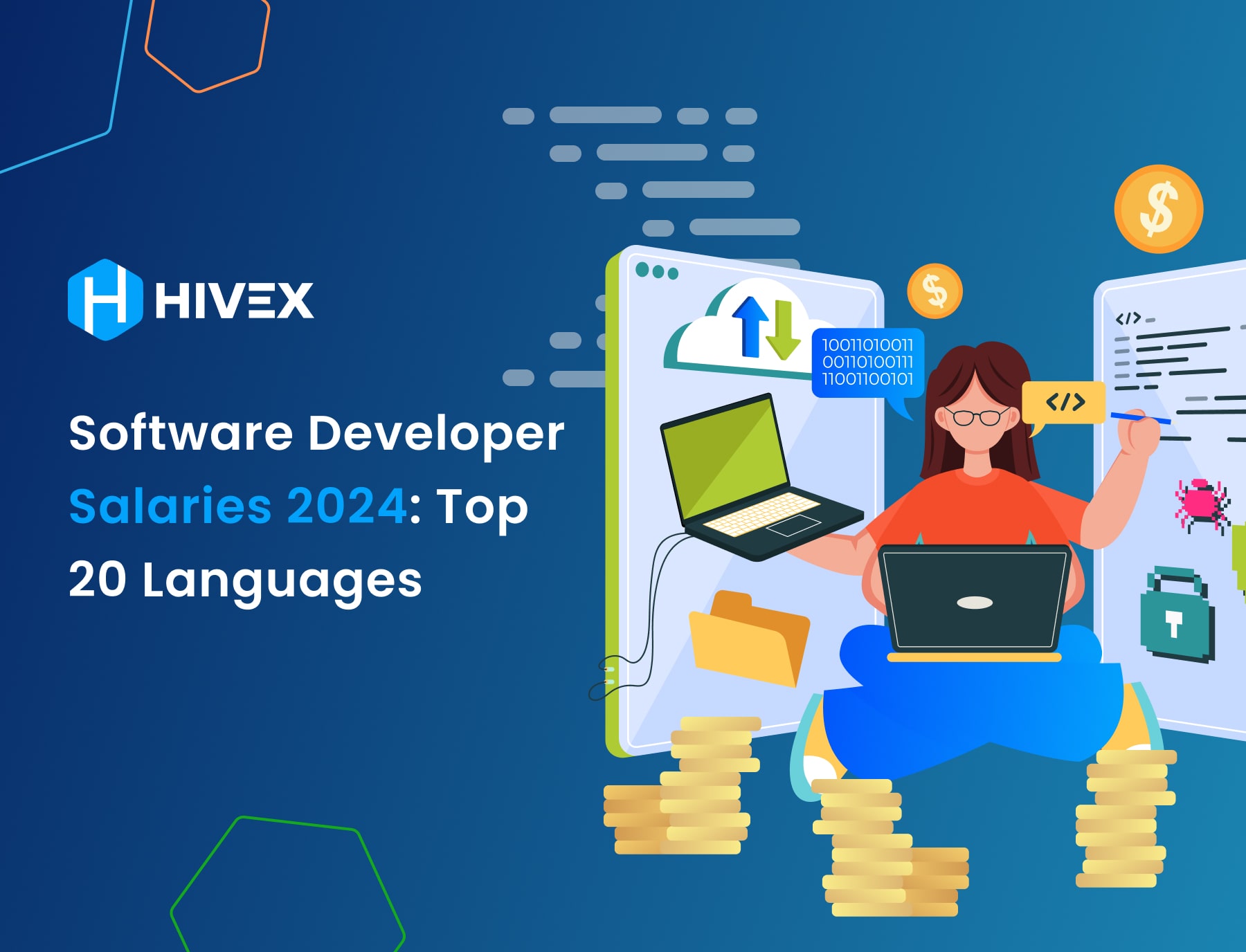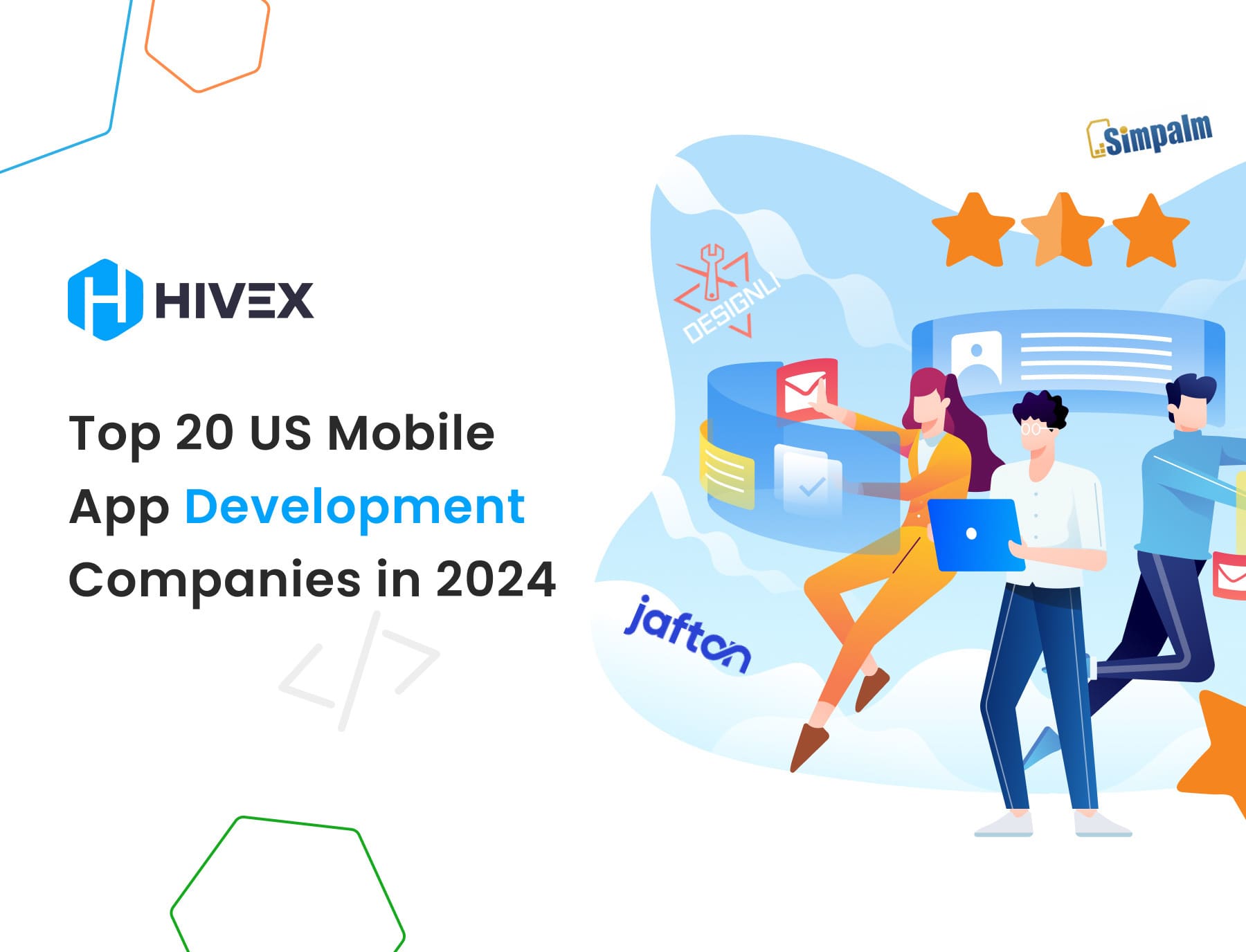Workday Developers: Reasons to Have Them on Your Team
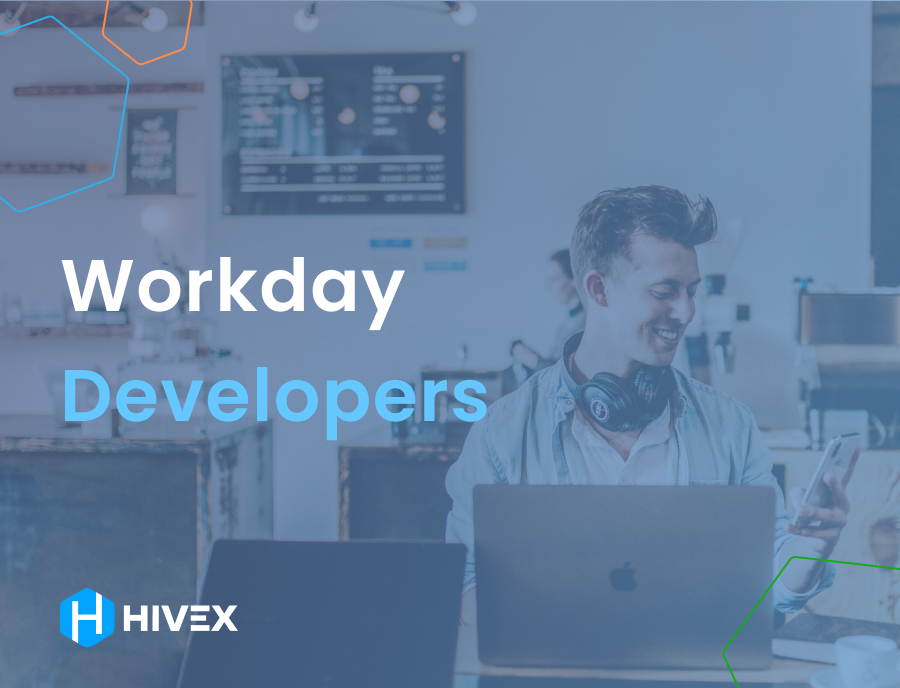
Workday developers play a crucial role in the design, development, and implementation of custom solutions within the Workday platform. As businesses increasingly rely on Workday for human resources and finance management needs, demand for skilled developers continues to grow.
Quick Navigation
The Role of Workday Developers
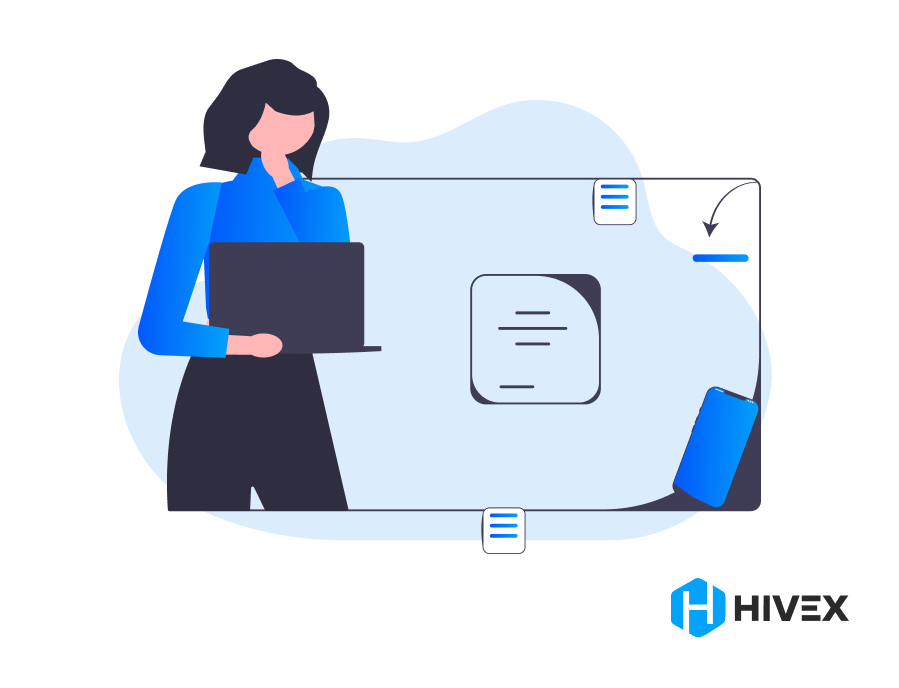
Workday developers play a crucial role in organizations by creating and customizing applications and integrations within the Workday environment.
They are highly skilled professionals who collaborate with stakeholders to gather requirements and design software solutions that align with organizational needs. Their technical expertise allows them to integrate Workday with other systems, ensuring seamless data flow and optimal functionality.
Workday engineers are involved in various aspects of software development, ensuring that Workday programs are tailored to meet specific requirements. They customize and configure Workday applications, enhancing workday functionality to make them adaptable and efficient at addressing the organization’s unique needs.
Integrating third-party systems allows programmers to ensure seamless data exchange, which boosts the overall performance of Workday.
Workday developers not only customize applications and integrate systems but also generate reports and analytics, offering crucial insights for stakeholders. This aids businesses in making informed decisions and optimizing operations.
Collaborating with cross-functional teams, engineers test and troubleshoot applications to ensure they meet quality standards and operate efficiently.
Workday developers understand the importance of documentation for future reference and knowledge sharing. They maintain comprehensive documentation of the applications and integrations they develop, making it easier for others to understand and maintain the systems in the future.
This documentation also serves as a valuable resource for training and onboarding new team members.
Key Responsibilities of Workday Developers
Workday engineers have a wide range of responsibilities, including:
- Customizing and configuring Workday applications to meet organizational requirements
- Developing and implementing integrations with third-party systems using the Workday Integration Cloud, which offers configurable connectors, packaged integrations, and a no-code building tool
- Creating reports and analytics to provide valuable insights
- Collaborating with cross-functional teams to test and troubleshoot applications
- Maintaining documentation for future reference and knowledge sharing
Skills Required for Workday Developers
To excel in the role of a Workday developer, individuals must possess a strong combination of technical and interpersonal skills. Some key skills required for this role include:
- Proficiency in Workday Configuration and Development: engineers should have a deep understanding of the Workday platform and its configuration capabilities. They should be able to leverage Workday’s tools and features to customize applications and meet organizational requirements.
- Experience with Web Services and APIs: Workday specialists should be familiar with Web Services and APIs, particularly the Workday REST API, to develop integrations with third-party systems. This knowledge allows them to establish seamless data flow between Workday and other systems, enabling custom integrations and effective data exchange.
- Knowledge of programming languages, such as Java or Python: developers should have a solid foundation in programming languages to develop custom solutions and enhance the efficiency of Workday applications.
- Strong problem-solving and analytical skills: Workday programmers must be able to analyze complex requirements and design solutions that address them effectively. They should possess strong problem-solving and analytical skills to troubleshoot issues and optimize application performance.
- Excellent communication and collaboration abilities: developers work closely with stakeholders, cross-functional teams, and end-users. Effective communication and collaboration skills are essential for understanding requirements, gathering feedback, and ensuring software solutions implementation success.
You may also like: 9 Essential Soft Skills Every Software Engineer Needs
Workday Platform for Business Processes
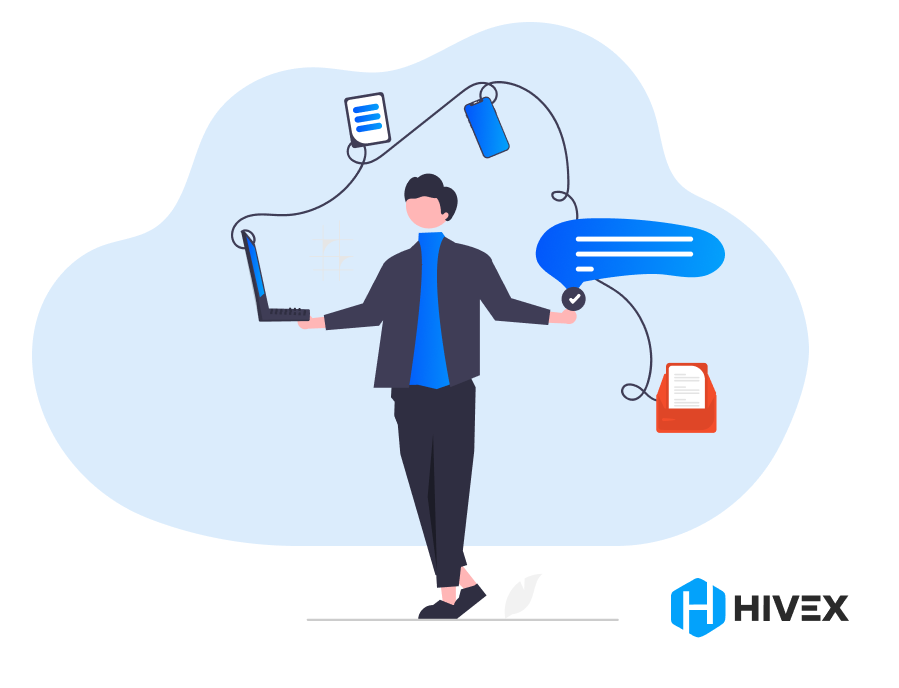
Software engineers need to understand Workday’s key features and benefits.
Unlike average software, Workday is a powerful suite of enterprise cloud applications that transforms daily operations. Its modern, intuitive interface features a user-friendly design, making navigation and task completion simple.
By replacing complex and cumbersome enterprise software, Workday streamlines the user experience and enhances efficiency.
Overview of Workday Software
Workday’s core functionality, known as the workday system, encompasses a wide range of essential business processes, ensuring enterprises can streamline their operations and achieve optimal efficiency.
Let’s look at some of Workday’s key components:
- Human Capital Management (HCM.): managing employee data, talent acquisition, performance management, and more. Workday’s HCM module empowers businesses to effectively manage their workforce, ensuring the right people in the right roles at the right time. From onboarding to offboarding, Workday’s HCM capabilities cover the entire employee lifecycle.
- Financial Management: streamlining financial processes, budgeting, reporting, and compliance. Workday’s financial management module provides companies with a comprehensive suite of tools to manage their finances effectively. From tracking expenses to generating financial reports, Workday ensures organizations have a clear and accurate picture of their financial health.
- Payroll Management: automating payroll calculations, tax filing, and deductions. Workday’s payroll management module simplifies payroll processing. With its robust automation capabilities, firms can ensure accurate and timely payments to their employees while staying compliant with tax regulations.
Unique Features of Workday
Workday differs from traditional enterprise software because of its unique features:
- Unified Data Model
Workday utilizes a single data model, eliminating data silos and providing real-time insights. This unified approach, a hallmark of workday technology, ensures that businesses have access to accurate and up-to-date information, enabling them to make informed decisions quickly and effectively.
- Mobile Accessibility
Workday understands the importance of staying connected and productive on the go. With its mobile accessibility feature, users can access Workday from their mobile devices. This allows them to stay connected and perform tasks even when away from their desks.
Whether it’s approving time off requests or reviewing performance evaluations, Workday’s mobile accessibility empowers users to work anytime, anywhere.
- Continuous Innovation
Workday is committed to providing its users with the latest advancements in technology and functionality. Through regular updates and new feature releases, Workday ensures that companies can leverage the most innovative tools and stay ahead of the competition.
With Workday, they can embrace change and adapt to evolving business needs easily.
The Development Process in Workday
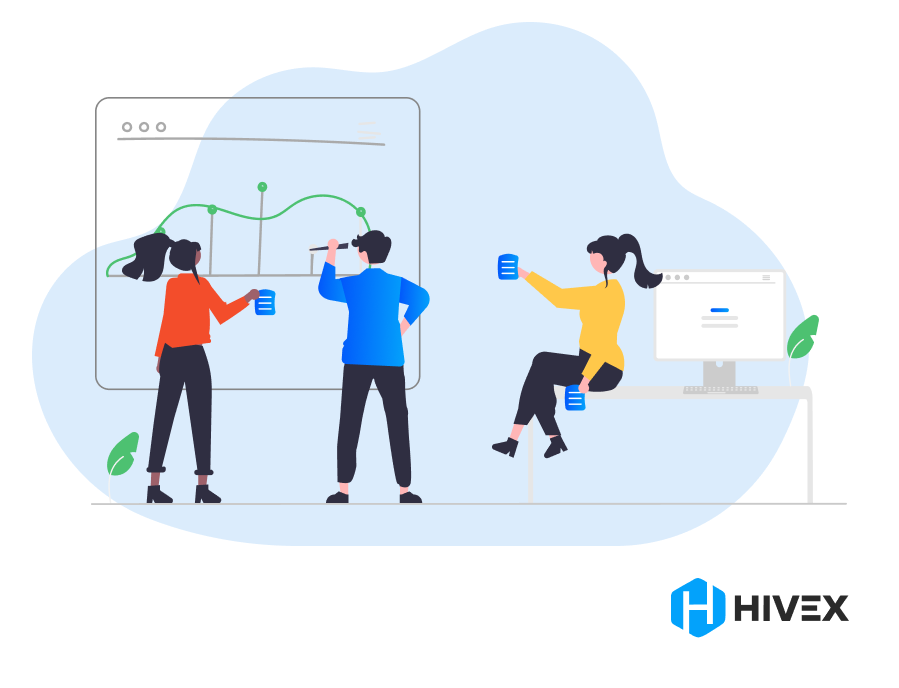
Workday development involves designing solutions, implementing them, and thoroughly testing their functionality.
Designing Solutions with Workday
Workday engineers collaborate with stakeholders during the design phase to understand their requirements and define the solution scope. They leverage Workday’s configuration capabilities and Workday Extend to customize the system and create an intuitive user experience.
Additionally, they ensure data integrity and security by implementing appropriate access controls and unique data governance practices.
Engineers take a user-centric approach to design, considering the needs and preferences of end-users.
They conduct user research and usability testing to gather insights and make informed design decisions.
By incorporating user feedback, they create functional, user-friendly, and streamlined solutions.
As well as scalability, Workday developers consider future growth when designing solutions.
They anticipate potential changes and enhancements in the future and design the system to allow easy adaptability and expansion. This forward-thinking approach ensures that Workday solutions can accommodate evolving organizational needs.
Implementing and Testing in Workday
Once the design is finalized, developers bring the solution to life through implementation. Workday specialists configure the necessary workflows, approval processes, and integrations to ensure seamless functionality.
They meticulously test the solution to identify and resolve any bugs or issues, ensuring a smooth user experience.
Testing in Workday involves various stages, including unit testing, integration testing, and system testing. Developers use automated testing tools and frameworks to streamline the testing process and ensure comprehensive test coverage.
Also, they perform performance testing to ensure that the system can handle a large amount of data and user interactions.
Workday developers prioritize quality assurance throughout the implementation process. To maintain code quality and readability, they follow coding standards and best practices, as well as peer testing to detect any potential problems early on.
Additionally, Workday engineers actively engage with end-users during testing. They gather feedback and address any usability issues or concerns raised by users. This iterative approach allows for continuous improvement and refinement of the solution based on real-world usage and user feedback.
A Workday development process involves designing solutions that meet stakeholders’ and end-users’ needs, implementing them meticulously, and testing them extensively to ensure seamless functionality.
Workday Developer Tools and Technologies

Software engineers utilize a range of tools and technologies to enhance productivity and deliver effective solutions. These tools and technologies streamline the development process and enable custom integrations, reports, and calculations within Workday, allowing organizations to seamlessly connect Workday with various external platforms.
Essential Tools for Workday Development
Workday provides several tools to help developers. These essential tools simplify the development process and empower developers to create robust solutions. Here are a few of them:
- Workday Studio: Workday Studio is a powerful integrated development environment (IDE) that allows developers to create custom integrations and reports. With its intuitive interface and comprehensive features, Workday Studio enables developers to build complex integrations and generate insightful reports effortlessly.
- Enterprise Interface Builder (EIB): The Enterprise Interface Builder is a user-friendly tool that simplifies importing and exporting data into Workday. With EIB, developers can easily map data fields, define transformation rules, and automate data exchange between Workday and external systems. This tool significantly reduces data integration time and effort.
- Calculated Fields: CF in Workday allow developers to create custom calculations and formulas within the system. They provide flexibility and customization options, making it easy to meet unique business requirements.
Emerging Technologies in Workday Development
The field of Workday development is constantly evolving, with new technologies presenting exciting opportunities. These emerging technologies have the potential to revolutionize how Workday is utilized and optimized.
Let’s explore some of these technologies:
- Artificial Intelligence: AI has the potential to enhance Workday by automating repetitive tasks and providing intelligent insights. AI-powered algorithms analyze vast amounts of data, identify patterns, and make data-driven recommendations. Utilizing AI, Workday can be more effective and intelligent, enabling companies to make better decisions.
- Machine Learning: ML algorithms can be leveraged in Workday to predict trends, optimize business processes, and improve decision-making. With ML, businesses can gain valuable insights and optimize operations by analyzing historical data, identifying patterns, and making accurate predictions.
- Robotic Process Automation: RPA involves software robots to automate manual tasks. Workday RPA can automate repetitive and time-consuming processes, such as data entry and report generation.
As Workday development evolves, developers can expect more innovative tools and technologies that further enhance their capabilities. These advancements will enable teams to create even more efficient and customized solutions, empowering companies to maximize Workday’s potential.
Career Path for Workday Developers
Building a successful career as a Workday developer requires a combination of education, training, and hands-on experience. Workday developers play a crucial role in implementing and customizing the Workday platform, ensuring smooth and effective HR and financial management processes.
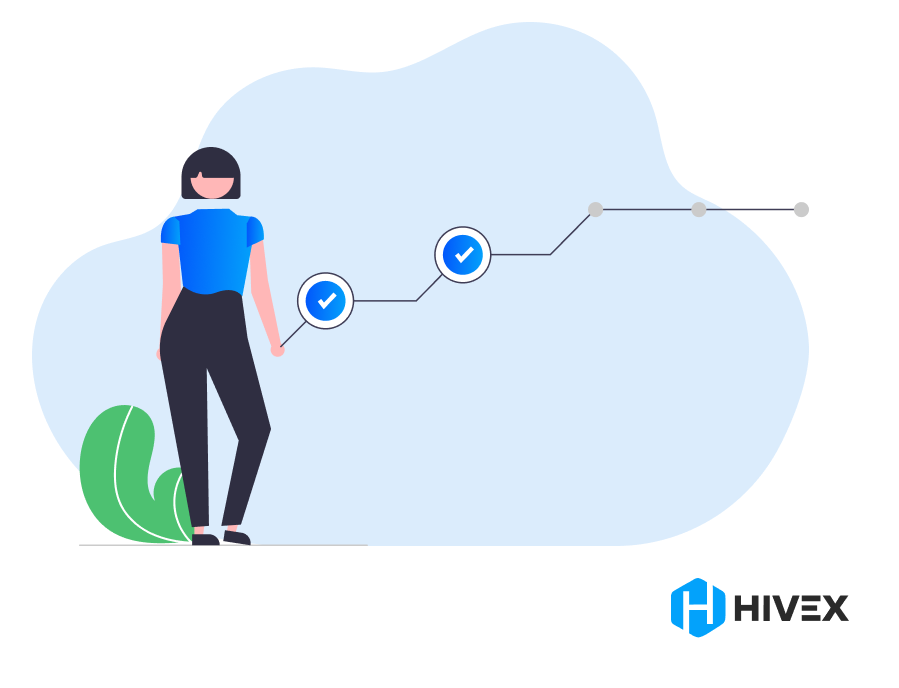
Educational Background and Training
- A bachelor’s degree in computer science, information technology, or a related field serves as an excellent foundation for aspiring Workday engineers.
These programs provide a comprehensive understanding of programming languages, software development methodologies, and database management.
- Additionally, Workday offers certifications that demonstrate proficiency in specific areas of the platform, such as Workday HCM or Workday Financial Management.
These certifications can enhance Workday developer credentials and open up new career opportunities.
- Workday software engineers can also benefit from attending workshops, seminars, and conferences focused on Workday development.
These events provide valuable insights into the latest trends and best practices in the field, helping professionals stay updated and improve their skills.
Growth and Opportunities in Workday Development
Demand for skilled Workday specialists is on the rise, as more organizations embrace this platform to streamline their HR and financial processes. With continuous product innovation, every Workday developer can expect a wide range of projects and career opportunities.
With Workday’s constant evolution and introduction of new features, developers have the opportunity to work on exciting projects that push the limits of the platform’s capabilities. This continuous innovation keeps engineers engaging and challenging, allowing professionals to stay at the forefront of technology.
As Workday engineers gain experience and expertise, they can pursue various roles within the organization. They can progress to become Lead Developers, responsible for overseeing software teams and ensuring project delivery success. Alternatively, they can transition into Solution Architect roles, where they design and implement complex Workday solutions tailored to meet specific business needs.
Also, developers with strong leadership and managerial skills can explore opportunities to move into managerial positions. These roles involve overseeing multiple projects, managing teams, and aligning development efforts with strategic goals.
Overall, a career as a Workday Developer offers a promising future with plenty of opportunities for advancement and growth. Obtaining training, education, and certifications will enable software specialists to become valuable assets in the Workday ecosystem.
Read also: Software Developer Salaries by Language (Report)
Future of Workday Development
The future of Workday development looks promising, as the platform continues to improve, integrate advanced technologies, and adapt to organizations’ changing needs.
As businesses strive to stay competitive, Workday developers play a critical role in constructing and customizing solutions within the Workday platform. They are responsible for creating applications and platforms that streamline HR and finance processes, improve data accuracy, and provide valuable insights for decision-making.

Trends Shaping Workday Development
Some key trends impacting Workday development include:
- Mobile Workforce
With the increase in remote and mobile work, Workday Developers need to focus on creating mobile-friendly and responsive applications.
This means designing intuitive and easy-to-use user interfaces on various devices, such as smartphones and tablets. By embracing the mobile workforce trend, Workday engineers can ensure employees have access to Workday functionalities anytime, anywhere.
- Analytics and Insights
Leveraging Workday’s robust reporting and analytics capabilities can provide valuable data-driven insights for decision-making.
Software engineers can create custom reports and dashboards that enable companies to track key performance indicators, identify trends, and make informed business decisions. By harnessing analytics, Workday specialists can help optimize operations and drive growth.
- Integration with Emerging Technologies
Software developers should stay updated with trends such as AI, ML, and RPA to leverage these technologies for enhanced efficiency and productivity.
For example, by integrating artificial intelligence and machine learning algorithms into Workday applications, developers can automate repetitive tasks, improve data accuracy, and provide intelligent recommendations.
This not only saves time and resources but also enables companies to make data-driven decisions and improve employee experiences.
The Impact of AI and Machine Learning on Workday Development
AI and Machine Learning have the potential to revolutionize Workday’s implementation. Developers can leverage these technologies to automate repetitive tasks, improve data accuracy, and provide intelligent recommendations. As the field progresses, they will have new opportunities to enhance and streamline HR and finance processes.
Imagine a scenario where a Workday application uses machine learning algorithms to analyze employee performance data and automatically generate personalized training recommendations.
In addition to saving HR professionals time and effort, this ensures that employees receive the training they need to succeed. The Workday platform allows developers to create intelligent applications tailored to the unique needs of each organization using artificial intelligence and machine learning.
In conclusion, Workday developers are critical to developing and customizing solutions on the Workday platform.
By understanding the key responsibilities, acquiring the necessary skills, and staying updated with emerging technologies, individuals can build a successful career in this burgeoning field.
With the continuous growth of the Workday platform and the integration of advanced technologies, the future of Workday development is filled with opportunities for innovation and growth.

